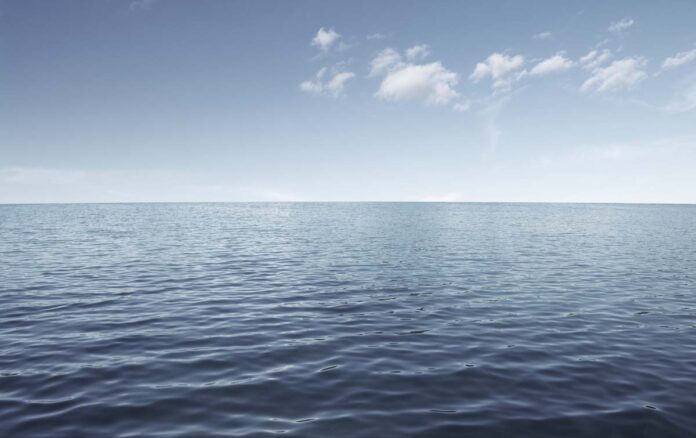Temperature rise caused by climate change is a major threat to the ecosystems of the world’s oceans, but it’s just one of a range of problems affecting our seas.
Associate Professor Linn Hoffmann (Botany) is director of the University of Otago’s Future Oceans Research Theme, which is investigating the impacts of environmental stresses around our coasts and in the open ocean.
“We can already see the impact of climate change locally,” says Hoffmann. “We’re seeing changes to the composition and resilience of various ecosystems, which are impacting the health of the oceans. There’s overwhelming evidence that diversity is declining.”
The multidisciplinary study into the chemical and biological effects of climate change on our oceans involves Otago’s Departments of Botany, Chemistry and Marine Science, in collaboration with the National Institute of Water and Atmospheric Research and other universities in New Zealand, Europe and the USA.
“This is a global phenomenon, so we have strong connections to scientists around the world. Most research is done in the northern hemisphere, but to get an overall picture it’s vital to gather data in the southern hemisphere to understand the local impacts.
“We can’t just assume that we will see the exact same effects as in the northern hemisphere because we have so many endemic species that may react to stressors differently.”
Studies include ocean acidification, radiation, UV light levels, and the presence of microplastics and pollution in general.
The largest stressor is climate-driven temperature rise. It not only impacts on the physiology of marine organisms directly, but also affects the physics of the seas by changing water density and mixing, and therefore altering the availability of nutrients from the deep ocean.
“There’s pressure on lots of species,” says Hoffmann. “Our beautiful kelp forests help stabilise our coastline, sequester carbon and are nurseries for fish we rely on for food. But they are threatened by ocean warming and by run-off from land including pollutants, fertilisers and sedimentation from erosion caused by deforestation, which smothers life where the rivers carry it to the ocean.
“The heatwave of 2018 had a huge effect on the decline of local kelp forests, with knock-on impacts on many other species.”


